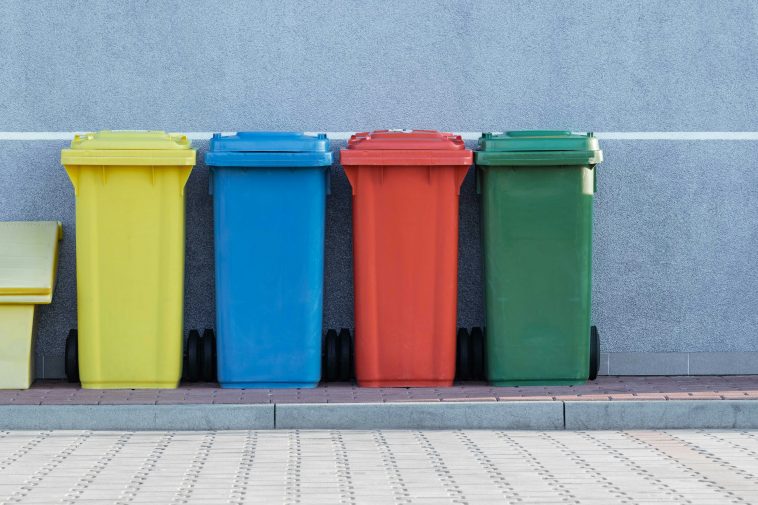Kubik, an innovative Ethiopian startup that transforms plastic waste into affordable, eco-friendly building materials, has secured $1.9 million in a seed extension funding round. The investment was contributed by African Renaissance Partners, an East African venture capital firm, along with Endgame Capital, a syndicate investing in climate technologies, and King Philanthropies, which focuses on climate action and alleviating extreme poverty. This financial boost supports Kubik’s expansion in Ethiopia, especially following the recent launch of its factory in Addis Ababa. The facility specializes in producing interlocking construction materials such as bricks, columns, beams, and jambs from recycled plastics.
Kidus Asfaw, CEO, and co-founder Penda Marre established Kubik in 2021 to tackle African housing and waste challenges by transforming hard-to-recycle plastics into sustainable, low-carbon construction materials. In June 2023, the company secured $3.34 million in funding to expand its operations. The investment round saw contributions from a range of backers including Plug & Play, BESTSELLER Foundation, GIIG Africa Fund, Satgana, Unruly Capital, Savannah Fund, African Renaissance Partners, KAZANA Fund, Princeton Alumni Angels, and Andav Capital.
Asfaw, the founder, revealed that with the newly acquired funds, the startup is gearing up to expand its operations in Addis Ababa, while also setting the stage for broader expansion across Africa in 2025. He emphasized that this funding infusion will facilitate the startup in meeting the growing demand by enhancing technology, empowering more female waste collectors, and accelerating its pan-African growth objectives. Asfaw highlighted the core innovation of the startup’s product, which enables developers to construct walls without the need for cement, aggregates, or steel. This breakthrough not only expedites construction but also slashes costs by a minimum of 40% per square meter.
The startup currently recycles 5,000 kilograms of plastic waste daily and has the capacity to process up to 45,000 kilograms through partnerships with corporations and the Addis Ababa municipality, which provides a consistent supply of plastic waste. Despite global plastic production exceeding 400 million tonnes annually, with an estimated 19-23 million tonnes ending up in water bodies, less than 10% of plastic is recycled worldwide. Africa, contributing only 5% of global plastic production and 4% of consumption, faces a mounting crisis due to population growth and urbanization, resulting in increased single-use plastic consumption, environmental pollution, and health hazards.



